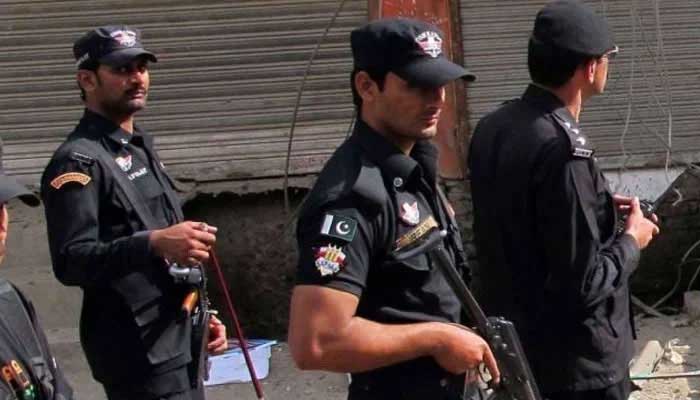Tribal Violence
KURRAM:In a significant development aimed at easing tensions in Khyber Pakhtunkhwa’s restive Kurram district, the Deputy Commissioner (DC) confirmed on Sunday that a ceasefire had been reached between two warring tribes. The truce follows intense clashes that have so far claimed 130 lives and left 186 others injured.
The DC stated that “armed tribesmen were removed from firing posts while police and security forces have been deployed in the region.” However, details of the agreement were not disclosed. The latest round of violence, now in its 11th consecutive day, has seen six more fatalities and eight injuries in overnight exchanges of fire.
The current wave of conflict erupted eight days ago, triggered by ambushes on two separate convoys under police escort, which resulted in 52 deaths on November 21. Violence has since escalated, with the police struggling to regain control.
The situation in Kurram remains dire, with a complete communication blackout enforced through the suspension of mobile and internet services.
Educational institutions have been closed, and the main highway remains blocked, disrupting local transportation and halting trade with Afghanistan, especially at the Kharlachi border.
Earlier this week, a 10-day truce was brokered but failed to hold due to intermittent violence. The DC added that jirga participants would engage with tribal elders to reopen roads and formalize a peace agreement.
Elders and parliamentarians from Kohat Division are also expected to visit the district to support the peace process.
The Human Rights Commission of Pakistan reported 79 deaths in Kurram between July and October, underlining the region’s chronic instability. Past mediation efforts, including a seven-day truce in November led by provincial officials, were unsuccessful.
A high-powered delegation comprising Khyber Pakhtunkhwa Chief Secretary Nadeem Aslam Chaudhry and IGP Akhtar Hayat Gandapur recently negotiated a ceasefire, but it collapsed shortly after its announcement.
Chief Minister Ali Amin Gandapur has taken a firm stance on the issue. Addressing a grand jirga in Kohat, he ordered the demolition of dugouts used by rival tribes and the confiscation of their weapons, stating that these arms would remain in government custody until peace is restored.
He also directed immediate measures for the resettlement of displaced victims and compensation for their losses.
Additionally, the chief minister called for legal action against those spreading hatred on social media, emphasizing that citizen cooperation is crucial for lasting peace. “Peace cannot be restored without the cooperation of the citizens,” he said.
The government hopes the current ceasefire will lead to a sustainable peace agreement, bringing relief to the war-torn district.










